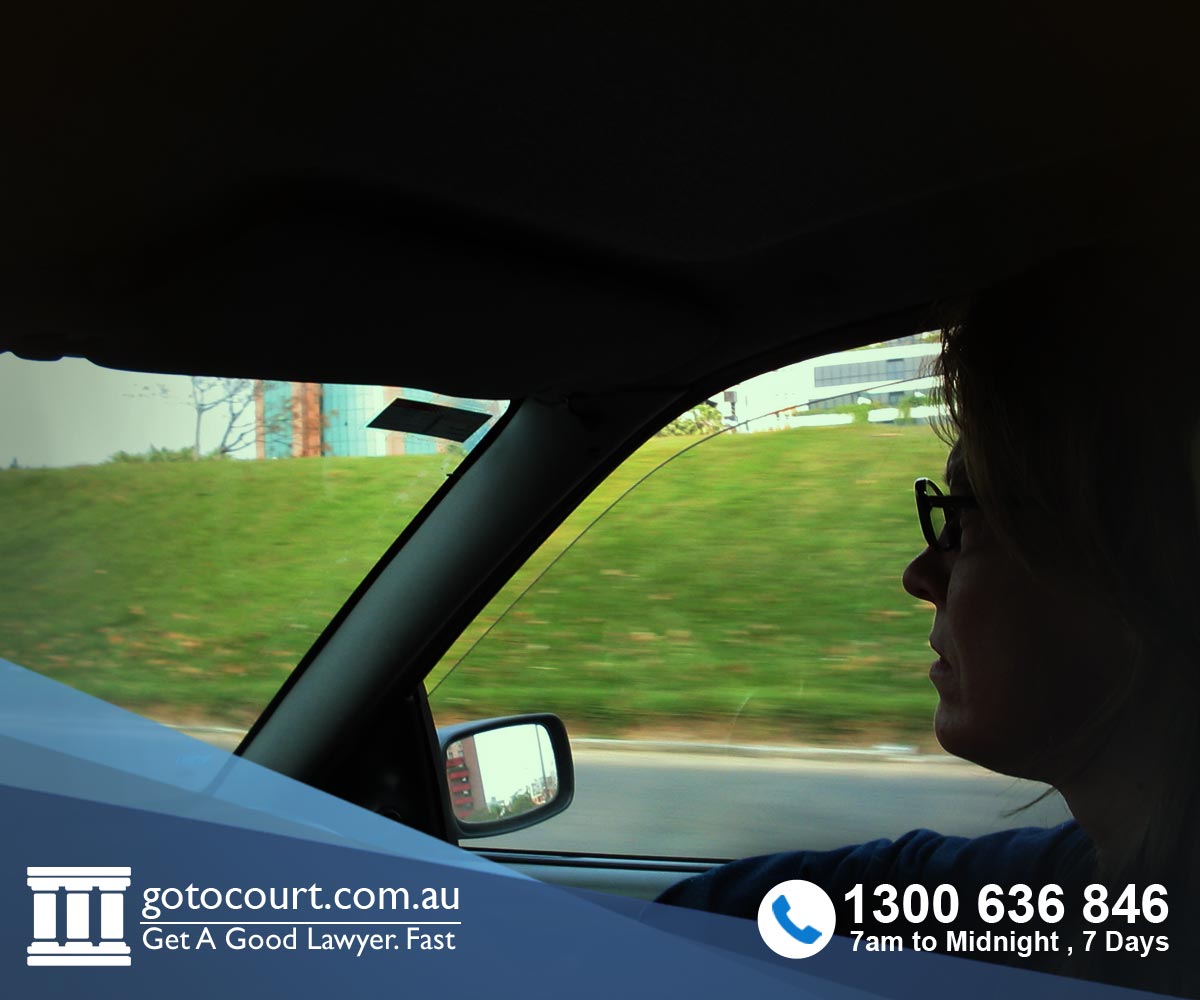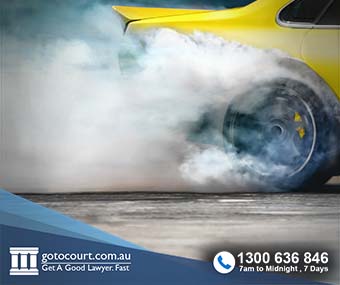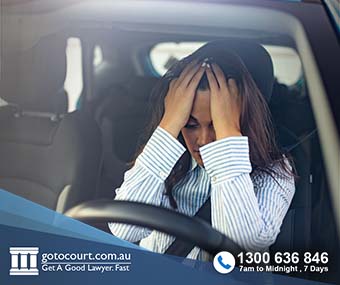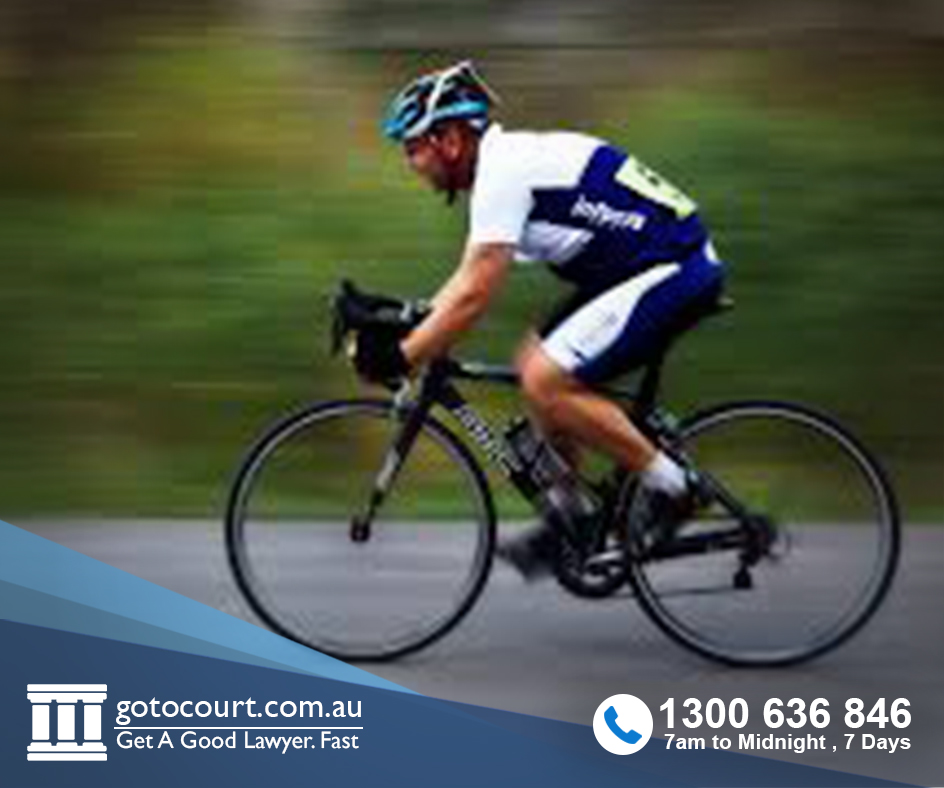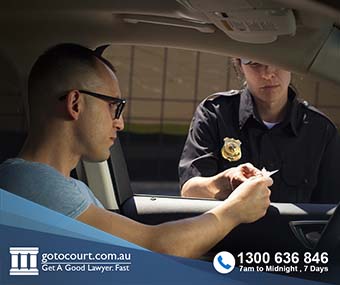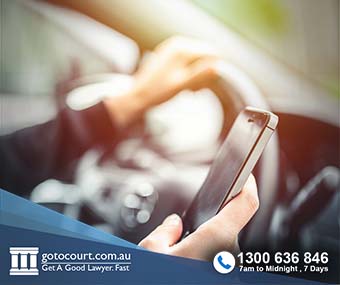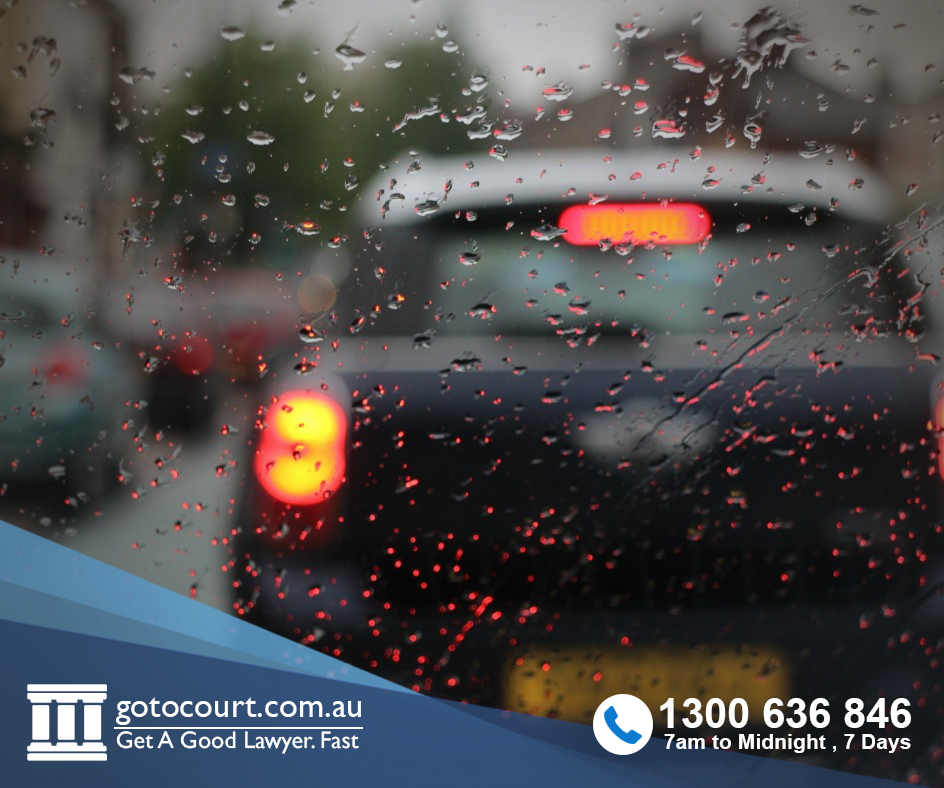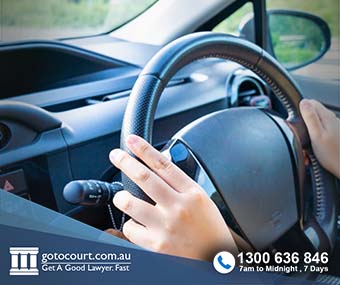Jaywalking (NSW)
Jaywalking (NSW)
Often when people think of road safety, they think about the rules and regulations surrounding motor vehicles. However, pedestrians have obligations too. One of these obligations is to cross a road by taking the shortest, safest route possible. This is the rationale behind fining pedestrians for jaywalking.
What is jaywalking?
‘Jaywalking’ is an American term that refers to the act of crossing a road when not permitted. Jaywalking is an offence in New South Wales. In June 2019, New South Wales Police fined over 100 people in a six-hour period for jaywalking.
What is the penalty for jaywalking?
Section 230 of the Road Rules 2014 provides that jaywalking can cost pedestrians up to $220. Should you receive a fine for jaywalking and choose to have the matter determined by a court, the maximum penalty increases to $2,200.
What are the main rules for pedestrians when crossing the road?
When crossing a road with pedestrian lights you can only start crossing the road at the pedestrian lights if the light is green (Regulation 231 of the Road Rules 2014). If you have already started to cross and the pedestrian light turns red, you must not stay on the road for longer than necessary. The fine for contravening this rule is $72.
At an intersection where there are traffic lights but no pedestrian lights, if the traffic lights are red or yellow and the pedestrian has not started crossing the road, the pedestrian must not start to cross until the lights change to green or flashing yellow, or there is no red traffic light showing.
If, while a pedestrian is crossing the road, the traffic lights change to yellow or red, the pedestrian must not stay on the road longer than necessary to cross safely to the nearer of the following-
- a dividing strip, safety zone, or traffic island;
- the far side of the road.
Jaywalking within 20 metres of a crossing
Regulation 234 of the Road Rules 2014 makes it an offence for a pedestrian to cross a road within 20 metres of a crossing (eg 20 metres of where there are traffic or pedestrian lights) unless the person is:
- crossing, or helping another person to cross, an area of the road between tram tracks and the far-left side of the road to get on, or after getting off, a tram or public bus, or
- crossing to or from a safety zone, or
- crossing at an intersection with traffic lights and a pedestrian may cross diagonally sign, or
- crossing in a shared zone, or
- crossing a road, or a part of a road, from which vehicles are excluded.
Regulation 236 of the Road Rules 2014 makes it an offence to “cause a traffic hazard by moving into the path of a driver’ or “unreasonably obstruct[ing] the path or any driver or another pedestrian”.
The maximum penalty for these offences is a fine of $72, or $2,200 if contested in court.
Crossing to or from the light rail
The Sydney light rail is classified as a tram. Section 233 of the Road Rules states that a pedestrian must not cross a road to get on to a tram until the tram has come to a complete stop. While it is an offence to avoid a pedestrian crossing, section 234(1)(a) provides an exception for those pedestrians who have just gotten off a tram or public bus.
Summary
The Road Rules 2014 not only covers the rules that must be followed by motorists but also regulate the behaviour of pedestrians. As a pedestrian, there are some rules that you must adhere to in order to avoid being found guilty of jaywalking. In summary, the rules are:
- You must only start crossing a road at a pedestrian light if the pedestrian light is green.
- You are allowed to cross a road at a place where there is no crossing if the place is 20 metres or more from the nearest traffic lights or pedestrian crossing.
- You must cross a road in the timeliest, safest route possible.
- You must not cause a hazard or an obstruction to drivers or other pedestrians.
If you require legal advice or representation in a traffic matter or in any other legal matter, please contact Go To Court Lawyers.

Affordable Lawyers
Our Go To Court Lawyers will assist you in all areas of law. We specialise in providing legal advice urgently – at the time when you need it most. If you need a lawyer right now, today, we can help you – no matter where you are in Australia.How It Works




1. You speak directly to a lawyer
When you call the Go To Court Legal Hotline, you will be connected directly to a lawyer, every time.

2. Get your legal situation assessed
We determine the best way forward in your legal matter, free of charge. If you want to go ahead and book a face-to-face appointment, we will connect you with a specialist in your local area.

3. We arrange everything as needed
If you want to go ahead and book a fact-to-face appointment, we will connect you with a specialist in your local area no matter where you are and even at very short notice.


